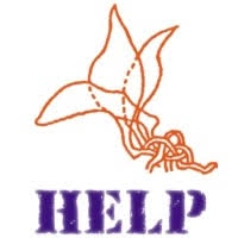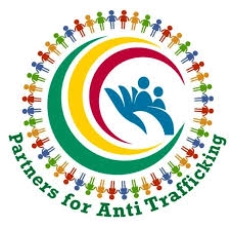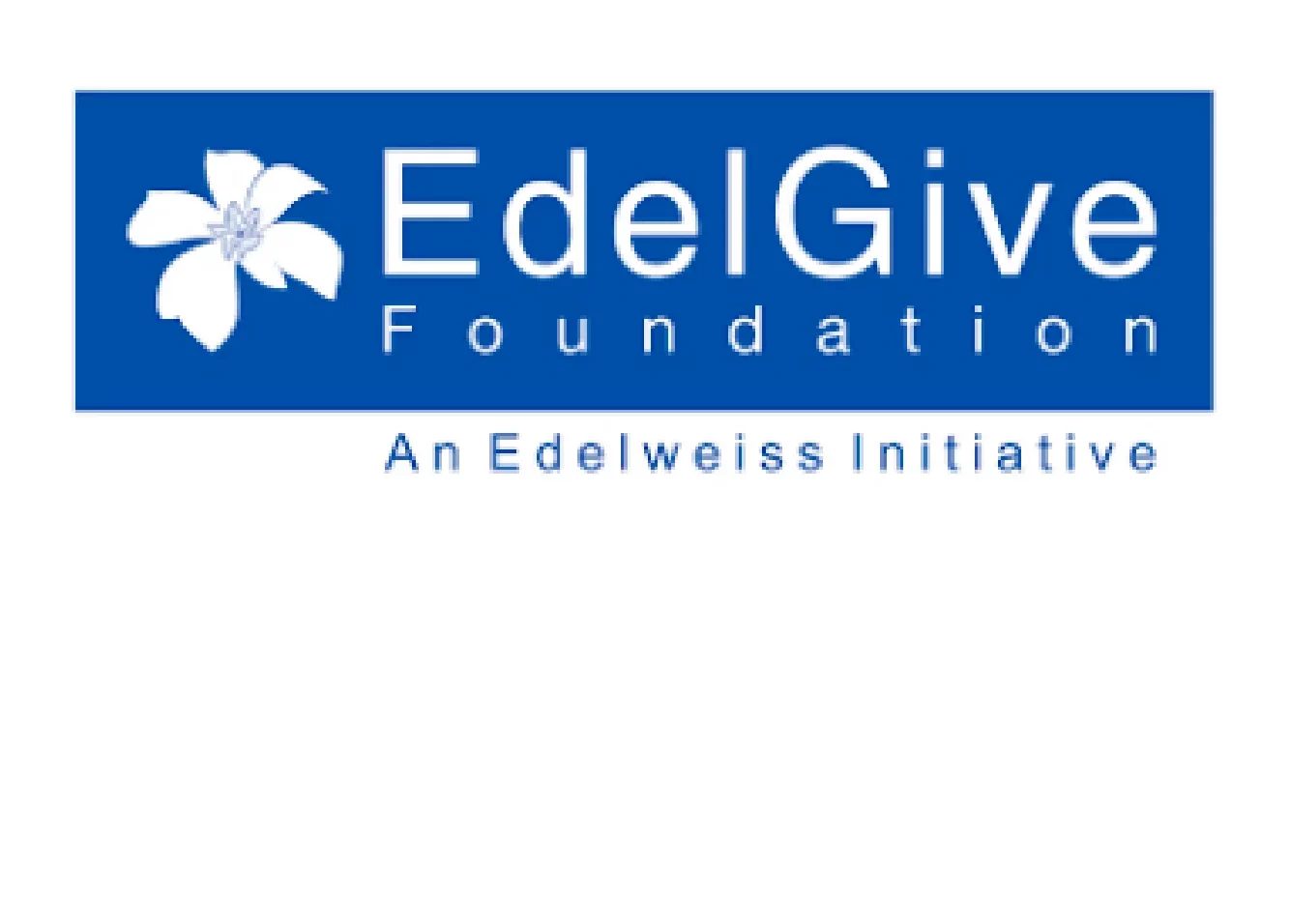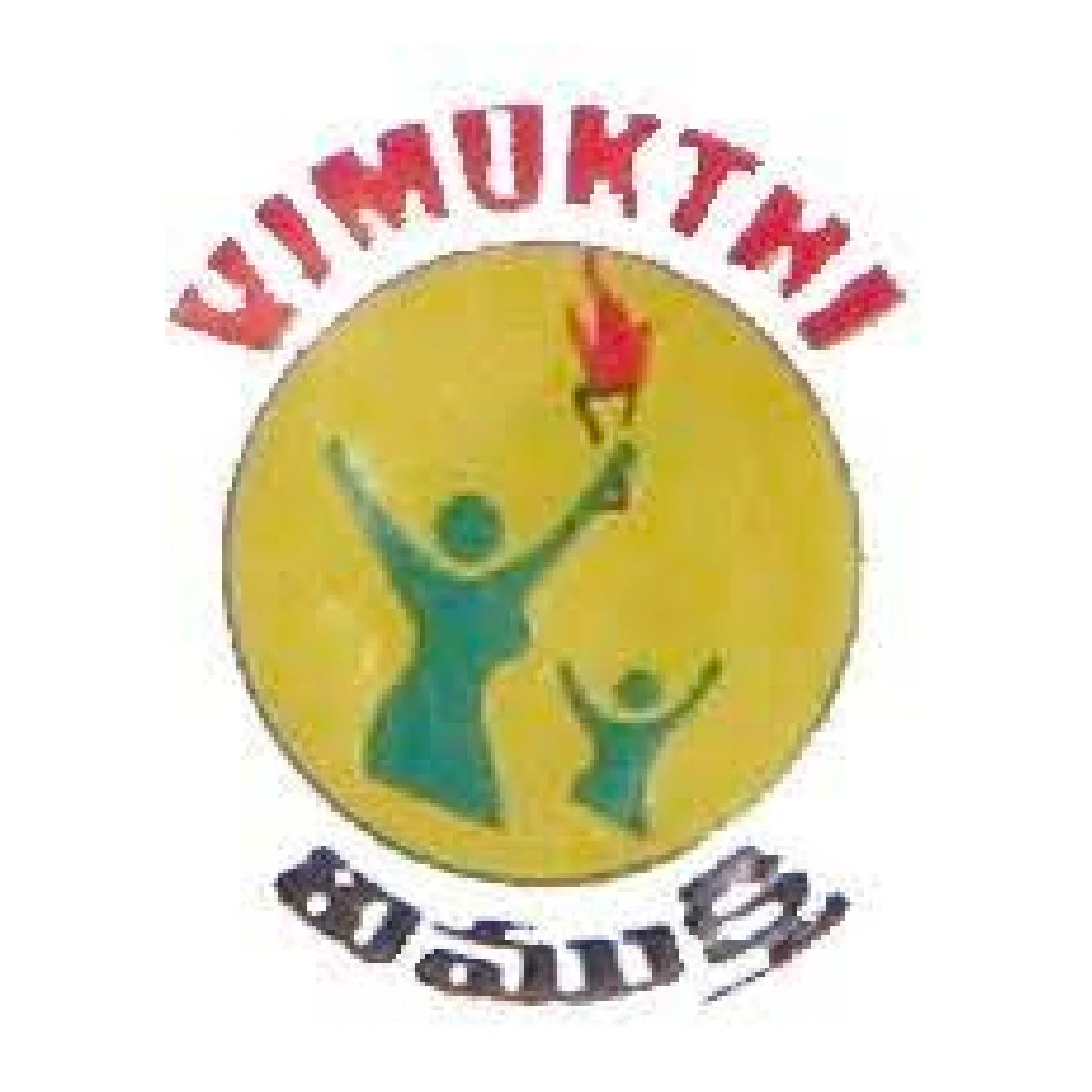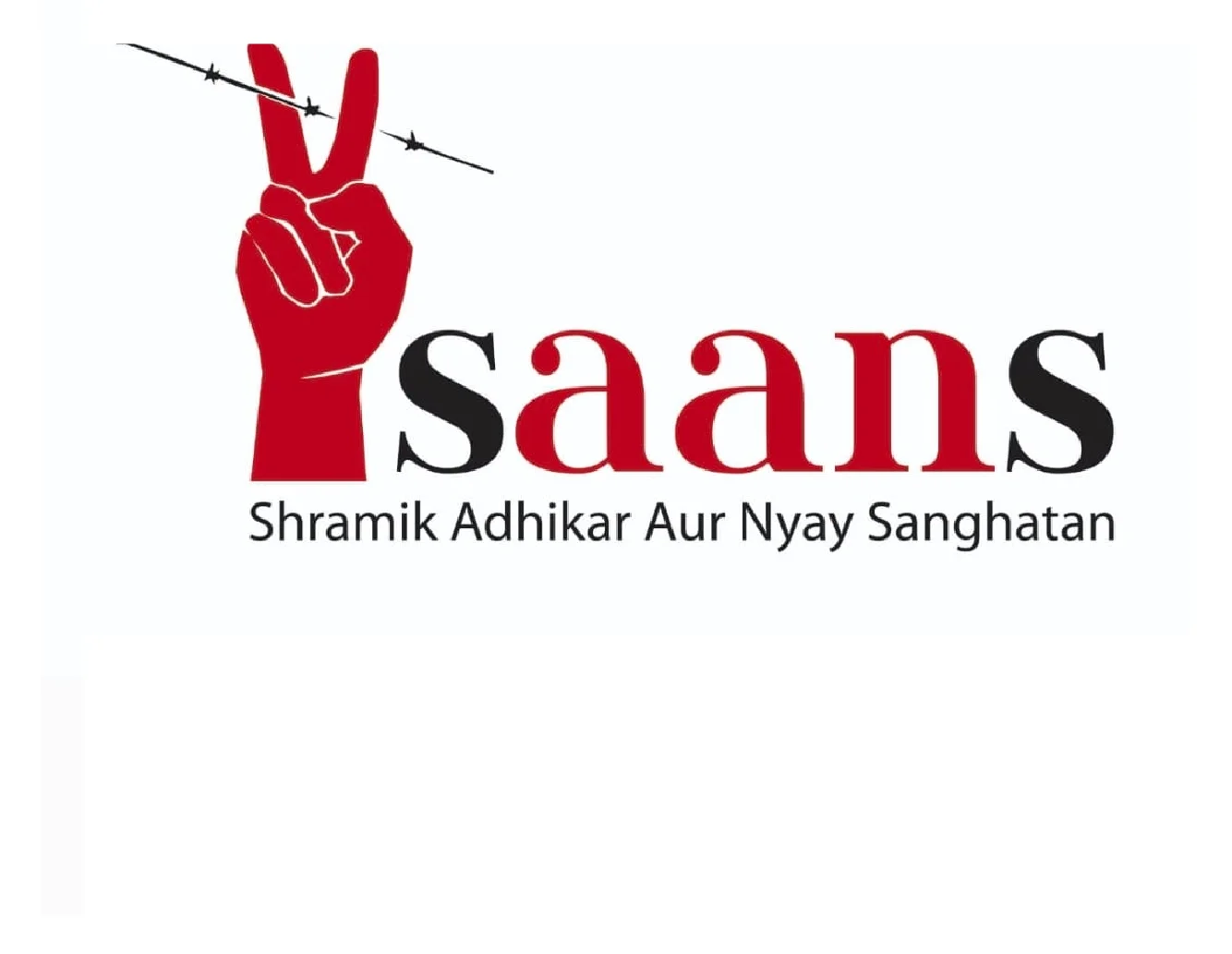Survivor Rehabilitation and Reintegration
In India, one child disappears every eight minutes! What happens to these children? Many are trafficked, sold off and enslaved, for sexual exploitation and forced labour. While a fraction of them are rescued by law enforcement, they remain locked in shelter homes, isolated from the outer world. They lack access to legal help and receive ineffective vocational training and poor counselling. When they finally do return home, these survivors are left to fight poverty and stigma on their own. Shakti, a community-based rehabilitation and reintegration programme, enables survivors to claim rehabilitation in a free setting, instead of in a locked shelter home. It empowers them to assimilate into their families and in the community freely, with guidance and help to fight poverty and overcome social stigma. Shakti helps survivors make their own decisions and shape their future, despite the possible hardships.
Helping Survivors
Shakti addresses two groups of stakeholders – survivors of human trafficking and the service providers and duty bearers, such as social workers, Panchayat members, Block Development Officers, health workers and hospitals. Every survivor who has been served well by the system and has found justice can eventually evolve into an empowered leader, for whom combating trafficking becomes a personal cause.
Community-based Rehabilitation
Shakti leverages intelligent technology that allows survivors to evaluate the services they receive from the other stakeholders in the system. It adopts an approach that focuses on restorative care instead of resorting to custodial care, claiming ones rights and building accountability instead of welfare and charity, using data to empower, rather than to meet targets, and employing survivor-centric processes instead of NGO-centric ones. Shakti helps survivors by providing assistance to:
- Return home or create one’s new home
- Defend oneself against stigma and shame in the family and community
- Claim rehabilitation services from duty bearers in government and public service offices
- Access legal services for compensation and defence
- Build financial independence and confidence
- Build evidence using modern technology, strengthen systemic accountability and improve policy implementation

